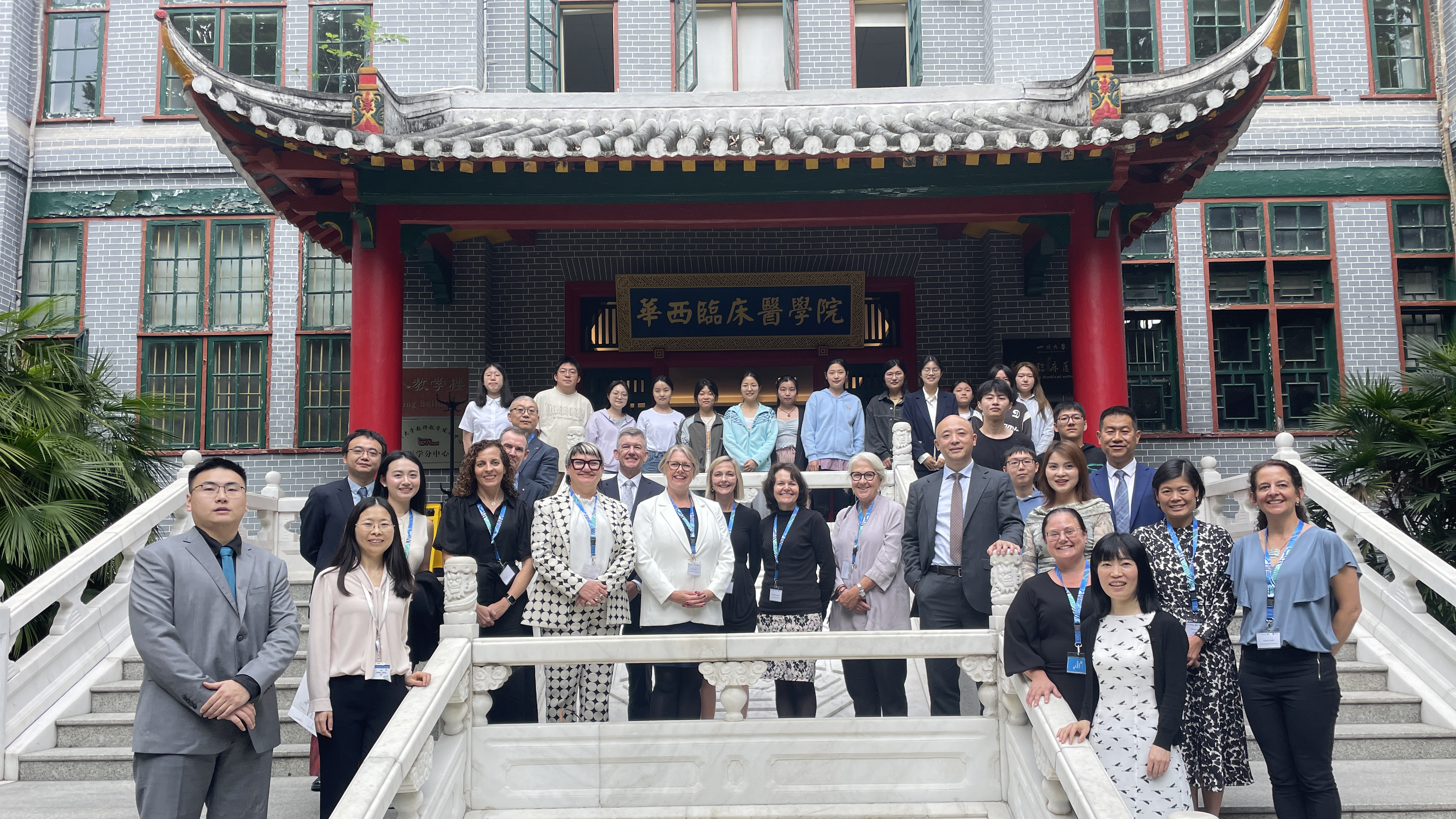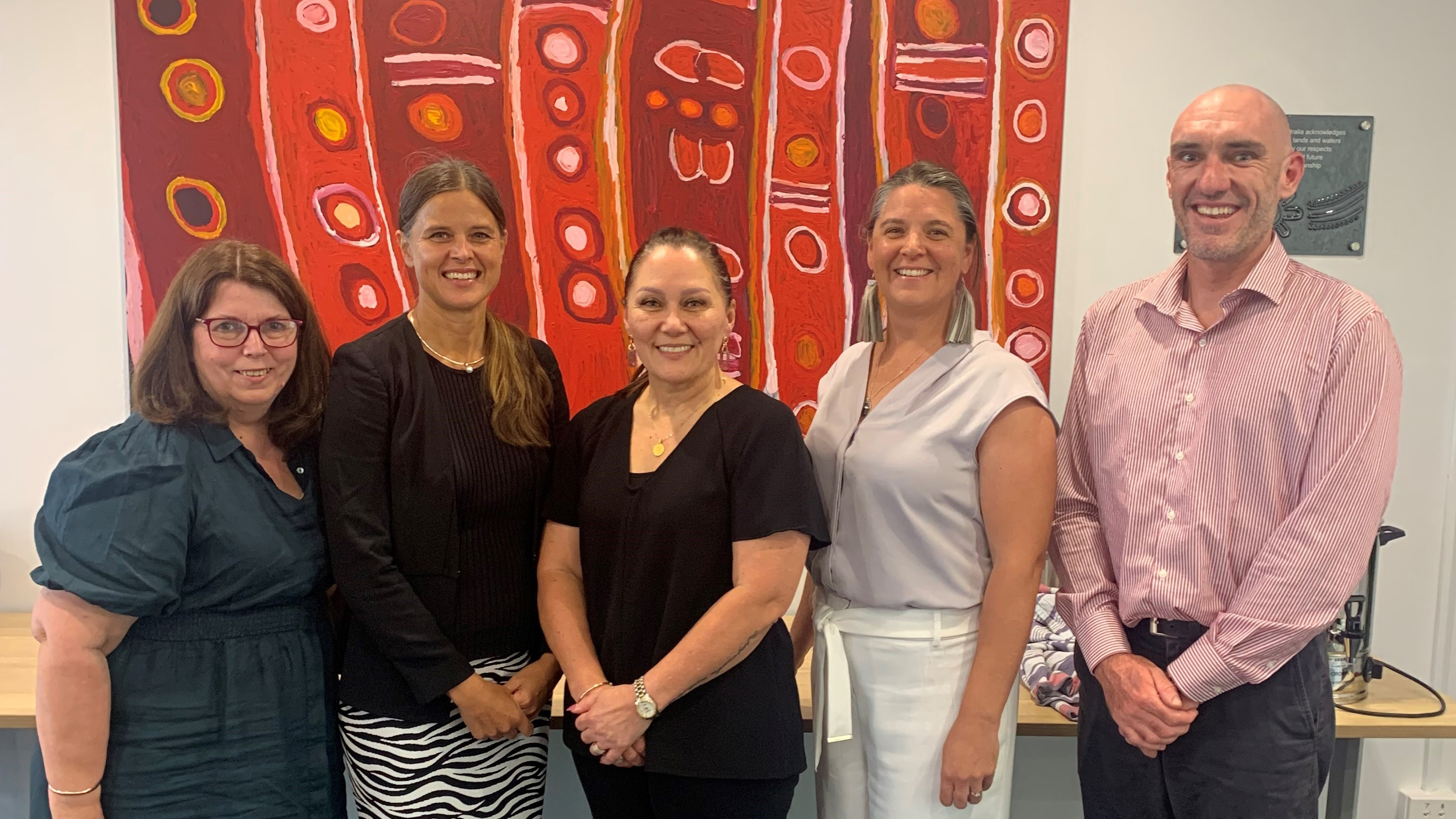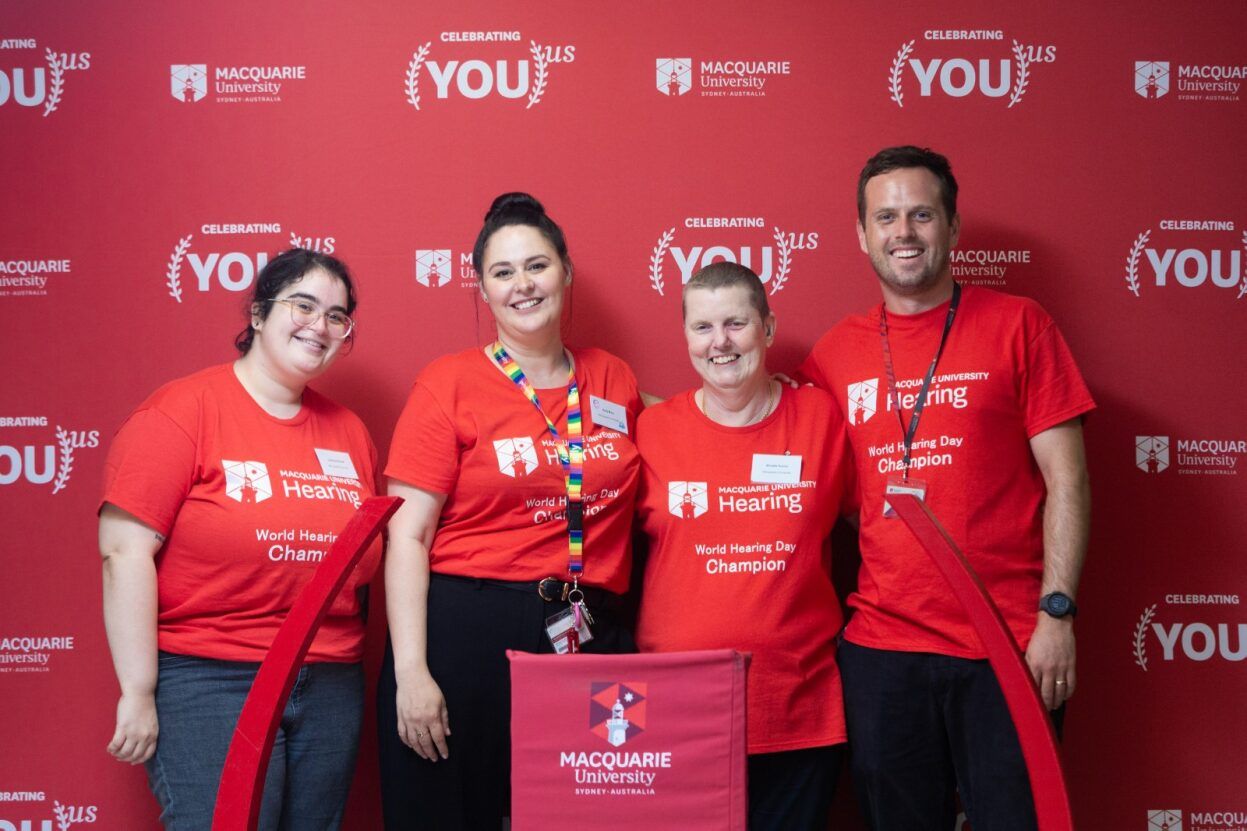The gift will establish the Cochlear Center for Hearing and Public Health to address hearing loss as a global public health priority
In honor of World Hearing Day (March 3), Cochlear Limited (ASX: COH), the global leader in implantable hearing solutions, announces its pledge to gift USD 10 million to the Johns Hopkins Bloomberg School of Public Health to establish the Cochlear Center for Hearing and Public Health. The Center will be a first of its kind at any academic institution focused on addressing hearing loss as a global public health priority led by Frank Lin, M.D., Ph.D.
The Center will address hearing loss’ global impact by conducting research studies to determine the gravity of hearing loss (particularly among older adults) to public health, developing and testing interventions to mitigate the effects of hearing loss, and helping craft policies and strategies to ensure successful implementation of hearing loss interventions at the local, national and global levels. Most importantly, the Center will recruit and train the next generation of researchers and public health experts to advance these goals well into the future.
“At Cochlear, we are driven by our mission to improve the lives of people with hearing loss, and our gift to the Johns Hopkins Bloomberg School of Public Health supports this commitment,” said Dig Howitt, CEO and President, Cochlear. “Hearing loss is a major public health problem. There is increasing evidence of the importance of hearing to overall health, especially as people age. Developing evidence of the impact of untreated hearing loss on people’s health, on our communities and the economy is critical to ensuring hearing loss is treated appropriately. Cochlear is making an investment to build collaborative partnerships within the global medical research community and to be actively involved in delivering evidence-based research so we can better understand, address and provide access to treatment options for individuals and communities impacted by hearing loss.”
Hearing loss is a significant public health issue around the globe. According to the World Health Organization (WHO), there are 360 million people living with disabling hearing loss worldwide, and that number is projected to grow considerably due to population growth and ageing.1,2 The WHO estimates one-third of people over 65 years of age are affected by disabling hearing loss,1 and based on the work of Dr. Lin we know that hearing loss is connected to increased risk of cognitive decline and dementia.3 As the prevalence rates rise, the global cost of unaddressed hearing loss has been estimated at $750 billion per year.1
“The Cochlear Center for Hearing and Public Health will be dedicated to understanding and addressing the impact of hearing loss on public health. The Center represents a unique collaboration between industry and academia that is possible because of the shared vision that hearing and our ability to engage effectively with others and the environment is fundamental to human health but not yet a priority in public health,” said Dr. Lin. “Implementation of public health initiatives around hearing—or nearly any other public health problem—requires insights from industry into how to create scalable commercial and economic models for the development and delivery of services and technology. Cochlear will be able to provide these insights to the Center.”
Cochlear’s USD 10 million gift will be made over a period of 10 years. Cochlear will collaborate with the Center to help amplify its impact on worldwide public health. Cochlear will also have representation on the Center’s Advisory Board to provide feedback and to help identify opportunities for continued industry-academic collaborations in furthering the Center’s core mission focused on hearing and public health.
Cochlear’s global headquarters is based on the campus of Macquarie University in Sydney, Australia and is also adjacent to the Australian Hearing Hub. This gift will help facilitate closer multidisciplinary engagement across industry, academic and clinical to help spur future training and research partnerships. Opportunities include but are not limited to shared postdoctoral fellowships, a shared Masters of Public Health program, shared Ph.D. programs and faculty exchanges.
“This gift is a tribute to the accomplishments Johns Hopkins University has already achieved in our field and showcases our belief in the future achievements of the Center,” said David N. Cade, M.D., Chief Medical Officer, Cochlear. “It is also a reflection of our shared vision to make hearing and the ability to communicate priorities in the spheres of public health and policy. Through our work together, we hope hearing loss will no longer be an unaddressed, debilitating public health issue impacting the ability for so many to connect with others and to live full lives.”
Cochlear and Johns Hopkins Bloomberg School of Public Health will celebrate the official opening of the Cochlear Center for Hearing and Public Health on World Hearing Day, March 3.
About Cochlear Limited (ASX: COH)
Cochlear is the global leader in implantable hearing solutions. The company has a global workforce of more than 3,000 people and invests more than AUD$150 million a year in research and development. Products include hearing systems for cochlear implants, bone conduction and acoustic implants, which are designed to treat a range of moderate to profound types of hearing loss.
Over 450,000 people of all ages, across more than 100 countries, now hear because of Cochlear.
###
- Factsheet number 300 [Internet]. World Health Organization; c2018 [cited 8th February 2018]. Available from: http://www.who.int/mediacentre/factsheets/fs300/en/
- Deafness Estimates [Internet]. World Health Organization; c2018 [cited 8th February 2018]. Available from: http://www.who.int/deafness/estimates/en/
- Lin, F. R., Metter, E. J., O’Brien, R. J., Resnick, S. M., Zonderman, A. B., & Ferrucci, L. (2011). Hearing loss and incident dementia. Archives of Neurology, 68, 214–220.








